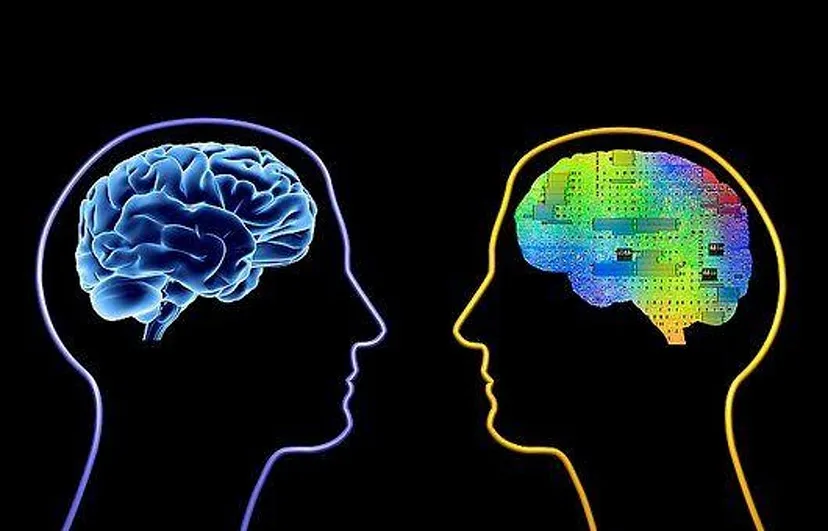Many experts proclaim that we’re on the verge of creating artificial intelligence that will allow machines to take over everything. Others seem terrified by the possibility of humans becoming obsolete.
The media and public discourse are filled with both utopian and dystopian visions of AI, often presenting it as an imminent revolution that will dramatically reshape society. These views tend to oversimplify the current state and potential of AI technology, leading to unrealistic expectations and fears.
In reality, the term ‘artificial intelligence’ (AI) should be abandoned. When true AI is created, it will have nothing artificial about it. And there’s no special reason why we should be able to recognize or understand it. We tend to assume that other intelligences will have a sequential, linear language like ours.
But reality could be very different and unrecognizable. Our failure to understand other intelligent species like elephants, dolphins, or whales, despite decades of study, illustrates this point. We interact with them on our terms, not theirs. Even the simplest worms with identical 300-neuron brains (connectomes) that have been fully mapped remain largely unpredictable in their basic behaviors.
Recent research has shown that simulating a single biological neuron requires an artificial neural network of at least 7 layers. The human brain has around 100 billion neurons, and it’s unclear how much of our intelligence resides solely in the brain versus other body cells or even the surrounding universe.
It will be many years before we can truly converse with a machine as equals or for machines to make conscious decisions, if ever. The real challenges we face are not from technology itself, but from the policies and social structures we create around it. As we continue to advance AI, we must focus on ethical development, realistic assessments of its capabilities, and ensuring that its benefits are distributed equitably across society.


Comments by Luis G de la Fuente